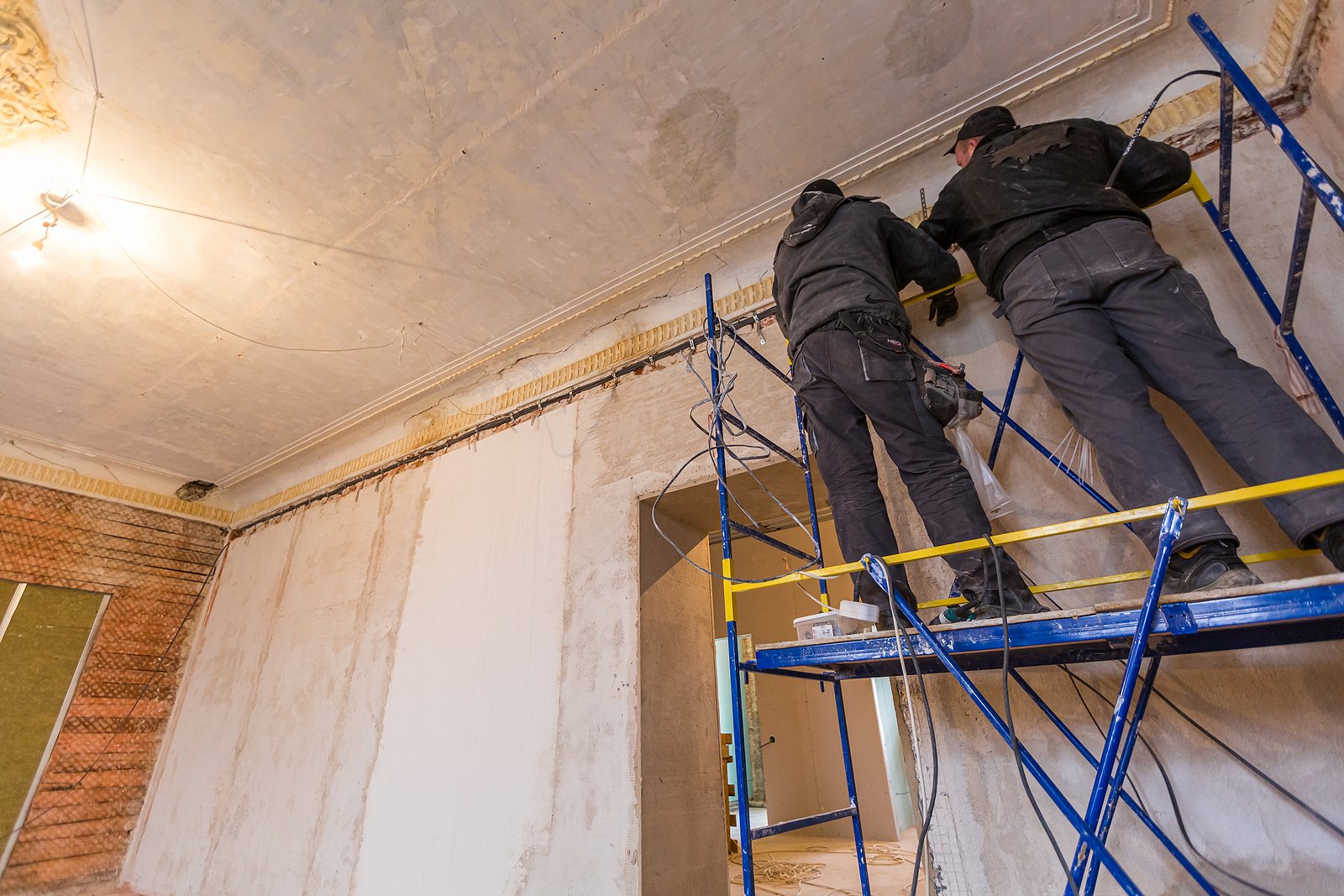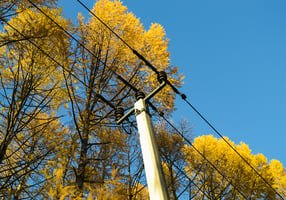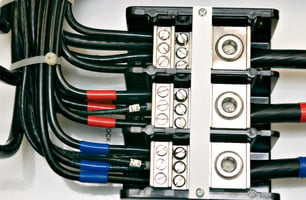As the vibrant colors of autumn surround us and the air turns crisp, it's time to embrace the...
What to Know Before You Add an Independent Rental Unit to a House

If you're thinking of creating an independent rental unit in your home, there are a few things you need to know. First, you'll need to check with your local zoning laws to make sure it's allowed. In some areas, there are restrictions on how many units can be created in a single-family home. Here’s what to know before you add an independent rental unit to a house.
Once you've determined that adding a rental unit is allowed at your location, you'll need to get a permit from your local building department. The permit process will vary from jurisdiction to jurisdiction, but it will typically involve submitting detailed plans and specifications for the unit. In the DC area, getting a permit involves numerous steps, and depending on the project, you may be required to get approvals from agencies besides the DOB. (Department of Buildings).
In addition to the permit, you'll also need to make sure the unit meets all applicable building codes. This includes things like fire safety, electrical safety, plumbing, and accessibility. Once the unit is complete, you'll need to have it inspected by your local building department, and of course it will have to pass that final inspection before you can start renting it out.
Separate Metering
One of the most important things to consider when creating an independent rental unit is the need for separate metering. This means each unit will have its own water, gas, and electric meters. Separate metering is important for a few reasons. First, it will allow you to track the usage of each unit. This can be helpful for billing purposes and for tracking energy efficiency.
Second, separate metering can help to prevent conflicts between tenants. For example, if two tenants share a water meter, it can be difficult to determine how much each pays for the water used. Finally, separate metering can make it easier to sell or rent the unit in the future. Buyers and renters are more likely to be interested in a unit with separate metering as it eliminates all the previously-mentioned conflicts with the landlord, homeowner, or other tenants.
Other Important Specifications to Consider
In addition to separate metering, there are many other things you'll need to consider when creating an independent rental unit. These include:
- Access: The unit must have its own entrance and exit. This can be a separate door or a hallway that is accessible only to the unit. The independent rental unit must be accessible for people with disabilities.
- Ventilation: The unit must have adequate ventilation. This can be provided by windows, ceiling fans or an air conditioner.
- Fire safety: The unit must meet all applicable fire safety codes. This includes things like smoke detectors, carbon monoxide detectors, and fire extinguishers.
Changing From a Single-Unit System to a Multi-Unit System
If you're living in a single-family home and want to create an independent rental unit, you must change your current system to a multi-unit one. This will involve making several changes, including:
- Adding a separate meter for each unit: As mentioned, each unit must have its own water, gas, and electric meters.
- Installing separate HVAC systems: Each unit must have its own heating and cooling system.
- Adding fire safety features: Each unit must meet all applicable fire safety codes.
- Making the unit accessible to people with disabilities: This includes things like ramps, wide doorways and accessible bathrooms.
Changing from a single-unit system to a multi-unit system can be a major undertaking, but it can be rewarding. Wilcox Electric can help. We have a team of experienced electricians who can install separate metering for your rental unit and make sure it meets all applicable codes. Contact us today to learn more about how we can help you with electrical upgrades when you make the decision to add an independent rental unit to your house.




